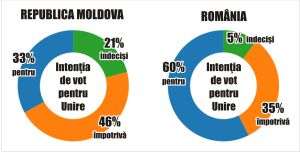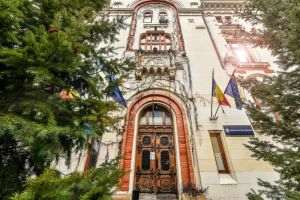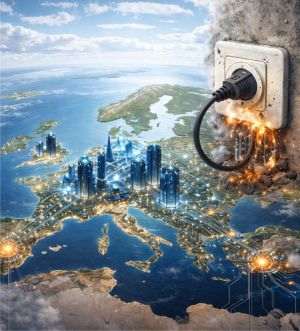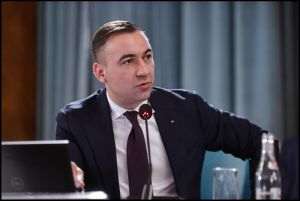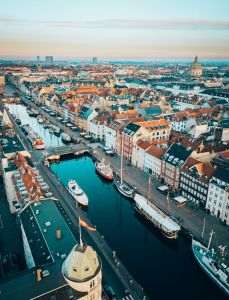A referendum concerning the separation of the Veneto region from Italy, will be held between March 16th and March 21st, and the 3.8 million citizens from the cities of Venice, Treviso, Padova, Belluno and Vicenza are being called to answer the following question: "Do you want Veneto to become an independent federal republic?". They are also being called to choose whether Veneto should be part of the Eurozone and NATO. According to the BBC, the recent polls suggest that two thirds of the 4 million citizens are in favor of the separation, but the vote will not be legally recognized.
The polls have been organized by activists and parties in the region, which want an independent state, called the Veneto Republic, which would revive the Venitian Republic. The latter has existed between 697 and 1797, when it became the property of France, following the defeat of Austria by the French armies led by Napoleon Bonaparte. Lodovico Pizzati, a representative of the plebiscito.eu association, which has initiated the referendum, said, for the Voice of Russia, that he main reason for the separatist tendencies in the Veneto region are taxes, which amount annually to over 70 billion Euros. Of that amount, 50 billion Euros are invested in the region, and the other 20 billion are directed towards Rome. "We are talking first of all, about an administrative reform, following which the center will no longer be Italy, like it was before", Pizzati said. On the other hand, the plebiscite is not official, as it does not have the recognition of the authorities in Rome. Nevertheless, Pizzati claims that even if the referendum were to have unsatisfactory results, the activists of Veneto intend to unilaterally proclaim the independence of the region. "If we don't succeed in getting the numbers of necessary votes, we want to unilaterally proclaim the independence of Veneto. At the moment, we only have the draft of the Constitution ready, which will be presented on March 31st. But our action will only become legitimate if the majority of the population in the Veneto area supports us", Lodovico Pizzati explained.
• Other hot spots in Europe
Scotland will also hold a referendum concerning independence, on September 18th. Separatists claim that the province is more developed than the rest of Great Britain in terms of its economy, and London's current economic policy isn't helping Scotland develop its full potential. They also mention the insufficient funding currently allocated for the defense of the province. Also located on the territory of Scotland are the Trident nuclear missile system and the naval base of Faslane.
On November 9th, Catalonia will host a plebiscite to proclaim its independence from Spain, claiming cultural, linguistic and economic differences compared to the rest of the country. The province is currently Spain's economic engine. The latest polls claim that supporters of the independence make up about half of the population.
• The Hungarians in Transylvania also want autonomy
Ardeal isn't spared from its own separatism current. Starting with January 2013, over 10 thousand people (Hungarians, Romanians and Saxons) have signed a petition for the autonomy of Transylvania. Fancsali Ernõ, the initiator of the petition, said: "We have filed the petition for the autonomy of Transylvania with the Prefecture of Cluj, for which 10,300 signatures have been raised starting with January 2013, from Hungarians, as well as from Romanians or Saxons, of whom many have left the country after 1989. We are waiting for an answer in the near future concerning this petition. We are not waiting for an answer from the Government right now, because we know that the Ponta 3 government, even though it has included the UDMR, will not give us a fair response. We won't stop until we reach our goal: Transylvania's autonomy and a Federal Romania in a strong Central Europe. I want the autonomy because in 1918, when the Union was made, the people of Ardeal were expecting something better after the Austro-Hungarian Monarchy, but the centralism from Budapest was the same as the one in Bucharest, and the Romanians from beyond the Carpathians lost their compass and treated Transylvania like a colony".
The petition is demanding the autonomy of Transylvania, Banat, Crişana and Maramureş. The city of Cluj-Napoca would be forced to become the capital of the area, where the government of the region would work, which would have political and economic control of the autonomous Transylvania. The initiators claim that after 1989, the state of the region has not improved, as the taxes collected in Ardeal "reach Moldova and Oltenia unfairly".

